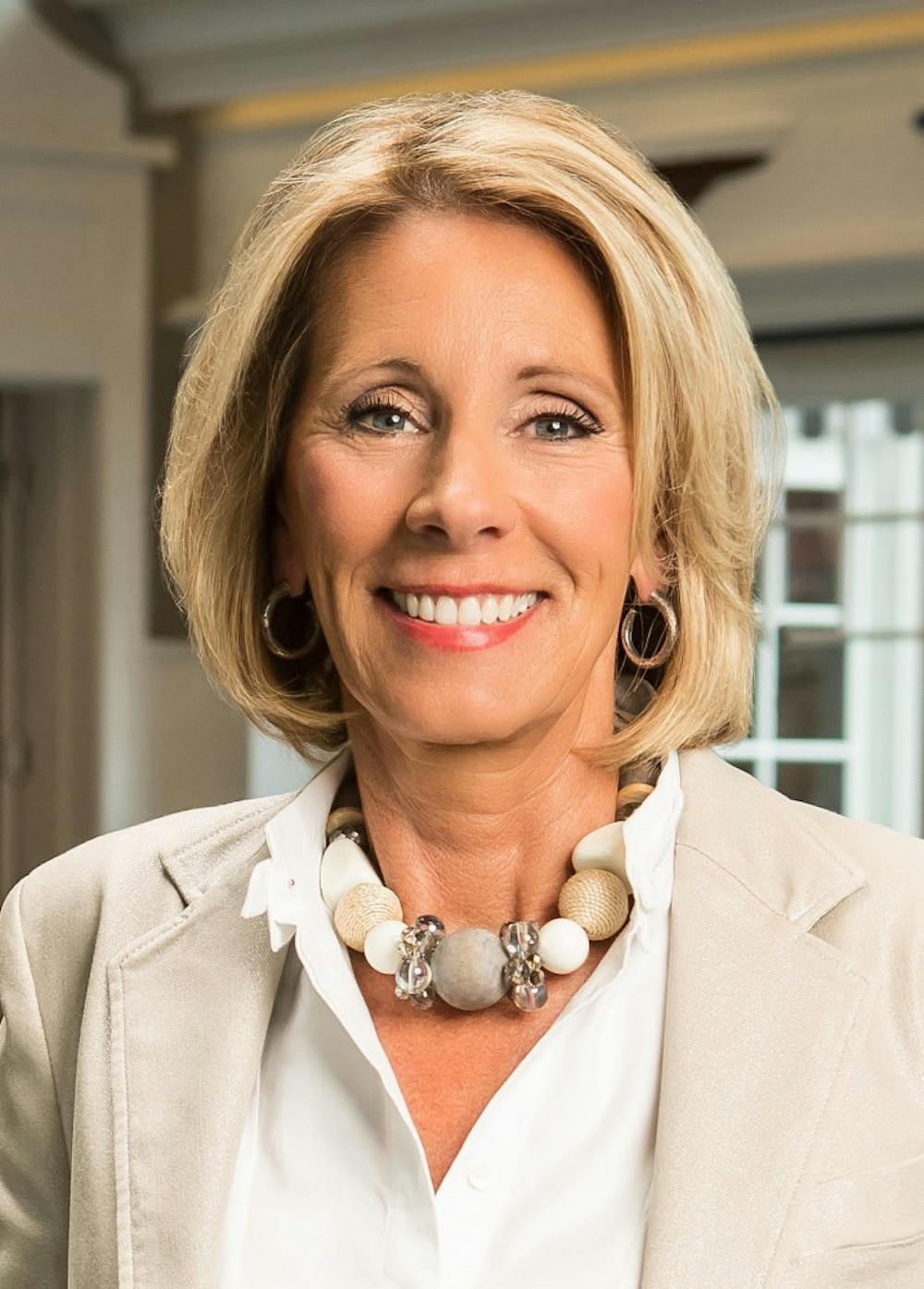The ruling last Wednesday said schools must meet a higher standard than “merely more than de minimis” and a child’s education plan must be “appropriately ambitious.”
“The recent decision basically affirmed the view of the parents that the school is not doing enough to provide special education services for their child, and that them receiving compensation in the form of private school tuition was an acceptable alternative,” said Terry Stoops, vice president for research and director of education studies at the conservative John Locke Foundation.
Stoops said school districts will have to look at whether they are providing satisfactory services to special needs students and whether their individualized education plans and the delivery of education and therapeutic services are adequate.
“I think there’s a question of, within the current funding structure, whether (schools are) able to provide an adequate education for special needs students in light of what the Supreme Court decided,” he said.
Given the large number of student needs encompassed in special education, Stoops said the issue could be a challenge for many school districts. He said parents should be able to use publicly funded vouchers for tuition and services for a school that better meets their child’s needs.
“ ... It’s difficult to determine the needs of the individual families,” Stoops said. “We hope that traditional public schools would meet those needs, but sometimes they don’t.”
Yevonne Brannon, chairperson of Public Schools First NC, said vouchers cut into public school funding.
“We’re $3,000 less than the national average for per-pupil expenditures, so we don’t need to be diverting our monies into voucher programs, especially the way they’re doing it in North Carolina,” she said.



